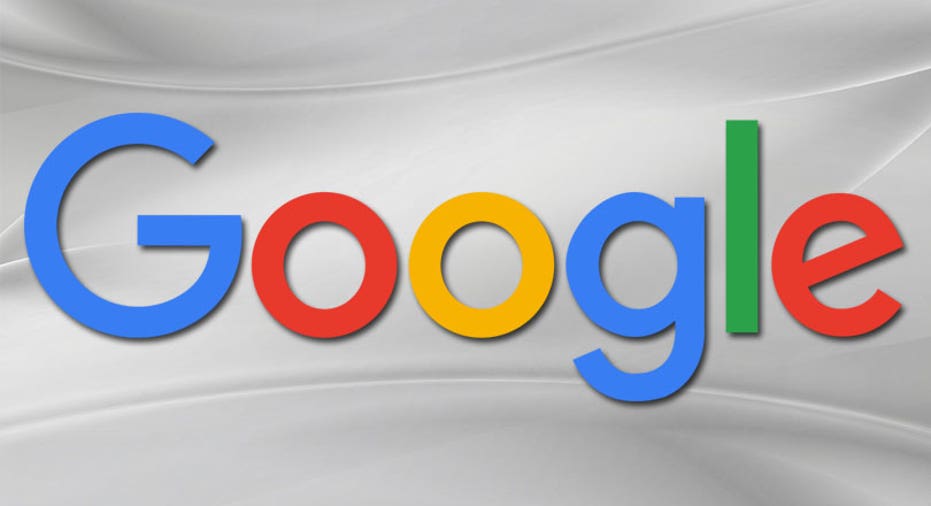More EU Antitrust Headaches for Google

The European Commission today levied new antitrust charges against Google, sending the company two Statement of Objections regarding its search practices and AdWords business.
In April 2015, the Commission formally accused the Web giant of favoring its own shopping products in search results, and demoting those of its competitors. It has since investigated further and today released a supplementary Statement of Objections that includes "a broad range of additional evidence and data that reinforces the Commission's preliminary conclusion."
"The Commission is concerned that users do not necessarily see the most relevant results in response to queries—this is to the detriment of consumers, and stifles innovation," the EU says. "Google's conduct has weakened or even marginalized competition from its closest rivals."
When it comes to AdWords, the EU is concerned about those Google-branded search boxes that appear on third-party websites. When you search, your results and search ads are displayed. Click on the ad, and Google and the third party receive a commission.
Google imposes certain requirements for sites using its search boxes: third parties cannot source search ads from Google's competitors; they must agree to premium placement of a minimum number of Google search ads; and third parties must obtain Google's approval before making any change to the display of competing search ads.
These practices, the EU says, "hinder competition on this commercially important market."
"Google has come up with many innovative products that have made a difference to our lives. But that doesn't give Google the right to deny other companies the chance to compete and innovate," Commissioner Margrethe Vestager said in a statement.
Google now has eight to 10 weeks to respond to the Commission's concerns.
"We believe that our innovations and product improvements have increased choice for European consumers and promote competition," a company spokeswoman told PCMag. "We'll examine the Commission's renewed cases and provide a detailed response in the coming weeks."
Vestager promised to "consider [Google's] arguments carefully" before deciding how the cases should move forward. "But if our investigations conclude that Google has broken EU antitrust rules, the Commission has a duty to act to protect European consumers and fair competition on European markets," she added.
The battle began in 2010, when the EU—under former competition chief Joaquín Almunia—opened an antitrust investigation into Google over allegations that the company abused its dominant position in online search.
In 2014, the commission announced a deal whereby Google would feature links to competitors' services in its results, as well as make it easier for advertisers and publishers to work with competing firms. Almunia, however, later re-opened the case after a number of Google rivals requested further concessions. The EU is also investigating Google's Android business pratices.
Across the pond, the US Federal Trade Commission (FTC) in 2013 found that Google did not unfairly manipulate its search results to highlight its own products and demote competing firms. But the FTC recently expanded its probe into Google's Android business.
This article originally appeared on PCMag.com.



















